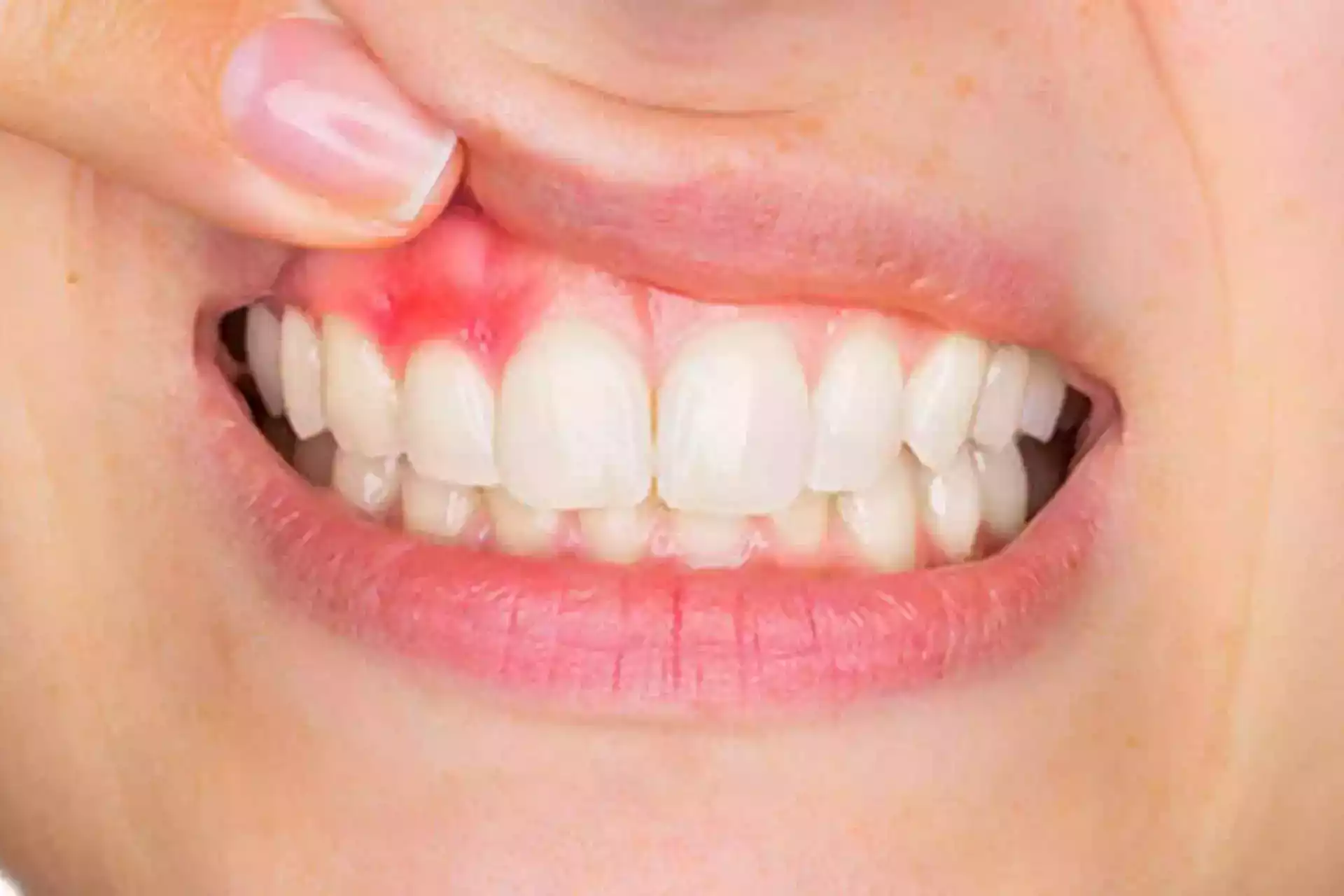Receding gums are more common than you may think, with around 50% of people experiencing some kind of gum recession in their lifetime. Despite what many believe, receding gums isn’t necessarily a factor of poor oral hygiene nor does it mean that a person with an unhealthy mouth is more likely to be affected than a person with a healthy mouth.
The odds are the same regardless of your age, though some older people may experience gum recession on more than one tooth. With that in mind, we’re taking a closer look at what to look for if you think your gums are receding, why they may be receding, how you can prevent it, and the treatments available to minimize the discomfort associated with receding gums.
What To Look For
There are many symptoms you can look out for if you believe your gums to be receding, some being more serious than others. If you are unsure, it’s always best to visit a professional to diagnose your case and provide the best treatment that is suitable to relieve your symptoms.
Some symptoms may be harder to spot that others but are not limited to:
- Bleeding after brushing your teeth or flossing
- Irritated gums that are often red and swollen
- Halitosis
- Discomfort or pain at the gum line
- Exposed tooth roots
- Altering tooth appearance
- Enhanced sensitivity to the heat and cold
Even though a number of the listed symptoms are also quite widely known to be factors of other underlying health issues, it’s a good idea to look in the mirror and assess your teeth to determine whether your gums are receding.
Ask yourself: do you see more of a tooth or multiple teeth than you previously have? If the answer is yes, then it’s worth booking a consultation with your dentist or at a clinic to uncover the root of the issue.
Why Are My Gums Receding?
As mentioned, gum recession isn’t necessarily a result of poor oral care but in fact can happen to any of us at any stage of our lives. It occurs when the gum tissue begins to pull away from the tooth, leaving the roots underneath exposed. Something as minimal as harsh tooth brushing may be the source of the issue though smoking can also contribute to the speed at which gums recede.
Sometimes, receding gums is completely unavoidable due to genetics, so it’s a good idea to be aware of the oral-related issues other family members may have experienced and at what age to provide you with a more accurate timeline of when you may begin to experience the same.
Can I Stop My Receding Gums From Getting Worse?
It is possible to stop the rate at which your receding gums worsen, and it all comes down to one key factor: good oral hygiene habits. One of the most effective ways to stop further recession is by consistently brushing and flossing your teeth twice a day.
If your gums first began to recede due to harsh brushing, be aware of the force you are using. You may also want to consider upgrading your toothbrush to one that is suitable for sensitive teeth such as those that utilise soft bristles.
Can Receding Gums Grow Back?
Unfortunately, receding gums cannot grow back though can be treated to help to stop them from getting worse.
What Treatments Are Available?
If you are experiencing symptoms of receding gums, it’s important to seek treatment as early as possible to prevent them from getting worse. Fortunately, there are a few treatments available to help treat and prevent your receding gums from becoming a bigger issue. For example, your dentist may begin by removing built up plaque and tartar from your teeth to prevent further recession.
In severe cases of gum recession, surgery may be required. Depending on your case of gum recession and the speed at which it’s developed, you may either undergo grafting or ‘flap surgery’ which will involve deep cleaning the gum tissue through elevating your gum to carry out the required clean. Grafting is only necessary if the roots of your tooth or teeth are now exposed.
In Summary
It’s important to treat receding gums as soon as you start to experience symptoms no matter how small they may be. Through ignoring it, you may be required to pay over £1,000 to rectify some of the damage caused. However, with numerous affordable treatments provided by dental services in Turkey, it’s beneficial to do your own research beforehand.
If you’re looking for advice or want to book a consultation with a member of our friendly expert team, complete our contact form and we will get back to you.
